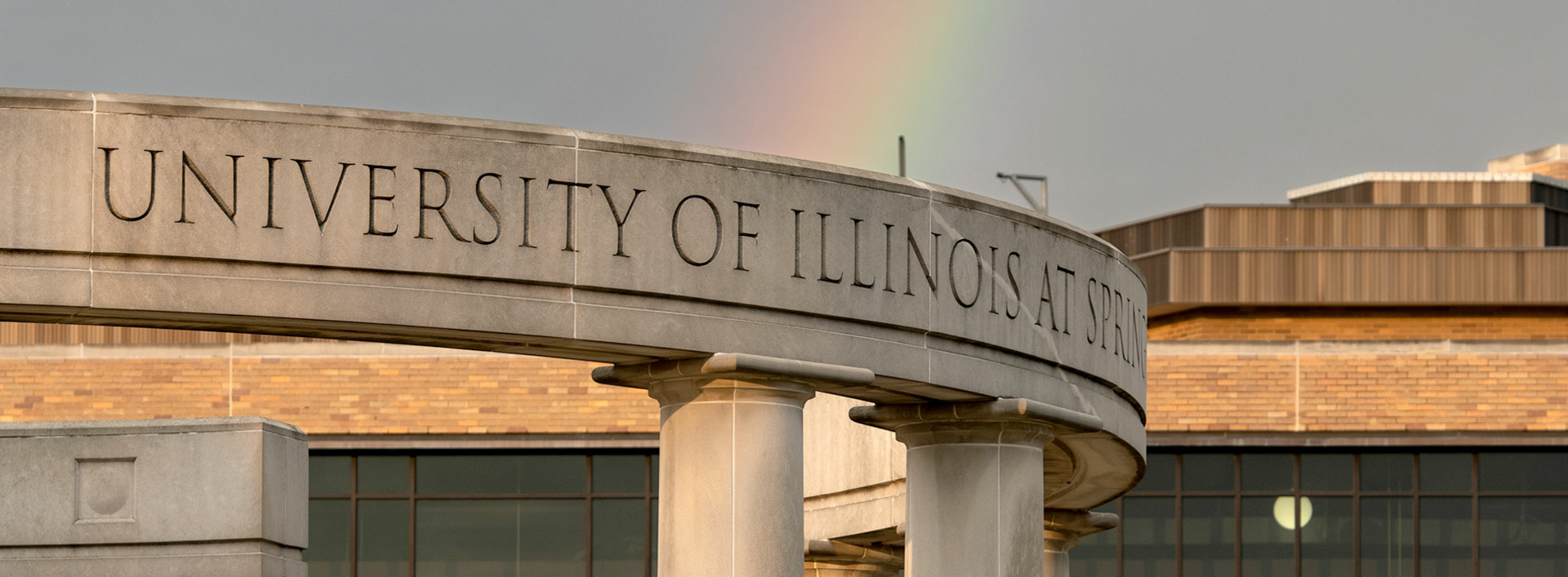About our Teaching Fellows AY 18-19

Amandailee Adams
The feeling of watching the “lightbulb” turn on for students is one of the best I have experienced. The best part of my job as an educator is watching timid, unsure students walk into the classroom and emerge as confident professionals at the completion of the program with the self-assurance to meet their chosen career. I focus on student skill set development from physical laboratory skills to critical thinking skills and many skills in between. I employ a variety of teaching techniques that consciously create a safe environment for the students to experimentally make mistakes without penalty to help foster confidence building. This really is the best job on earth!
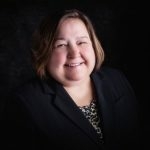
Patricia Byrnes
According to the American Economic Association, most economics education is focused on teaching students “how to think like an economist.” I believe this is true of my teaching, but I also think that it places too much emphasis on having economic knowledge and tools at the risk of the excluding the more interesting learning about the economy and a student’s intuition and experience with the economy. I focus on experiential learning methods and pedagogy as it is more likely to involve students in economics inside the classroom and beyond.

David Holland
My teaching philosophy can probably be summarized in three words: clarity, consistency, and connection. Making course expectations as clear as possible helps students to know what they need to accomplish to be successful. Consistency in assessing student achievement is another aspect of teaching that I believe is essential. As a life- long learner, I have a passion for biology that I hope will be “contagious”. By making connections between subject matter and real life situations, students become more engaged in the learning process which should help them to achieve their vocational goals.
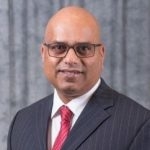
Ranjan Karri
I believe that the principal task of an educator is to arouse students’ curiosity about the subject. The role of an educator is to create a challenging and exciting framework in the classroom that encourages “critical thinking”. My role is not to provide answers to some big unknowns, instead it is to emphasize on asking the right questions, addressing which questions will provide the basis for belief and action. Asking questions help gain clarity, judge credibility, analyze arguments and arriving at conclusions that guide action.
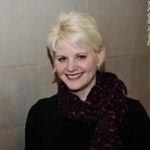
Jennifer Martin
Inspired by Paulo Freire, my goal as an educator is to de-center the professorate so that all classroom participants become stakeholders, learning together in an active and inclusive collective. I value non-traditional research based and critical approaches such as service-learning, case study pedagogy, culturally responsive pedagogy, and participatory action research. As a professor of teacher education, it is my goal to inspire my students to use action research in their classrooms to discover and create the best methods to reach all their students. These methods can create onsite solutions to educational problems, and empower students through their inclusion in the solution.
Kay McChesney

Noah Reynolds
My goal as an educator is to stimulate the growth mindset in my students. To foster this, I create learning environments that encourage students to explore and grow without anxiety of failure. I challenge and support my students with equitable educational experiences.
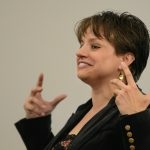
Elizabeth Ribarsky
Although scholars have argued whether teaching is a skill or an art, I do not believe that teaching can be neatly defined into this dichotomy. Rather, teaching involves both skill and art, creating an interplay between ability, creativity and dedication. I strive within my classroom to create clear frameworks and expectations but also allow students to reflect and apply concepts in interactive and imaginative ways. Students should leave my classroom every day with a better understanding of themselves and human interactions.
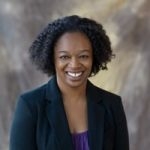
Tiffani Saunders
My approach to teaching centers on providing students with a “toolkit” that they can use regardless of their major or career goals. I believe everyone enters the classroom with valuable knowledge about and experiences in the social world. As a sociologist, my job is to provide the language with which students can describe this knowledge and to help them understand how their experiences are similar to and different from others. My goal is that students will apply what they learn in my classes, a skill that is practiced in the classroom, to contexts outside of the classroom and the university

Megan Styles
I believe that college classrooms should be interactive, engaging, and empowering. I want to cultivate a learning environment where students feel comfortable exchanging ideas, speaking their minds, and applying the skills and knowledge they gain in class to help solve real-world problems. Environmental studies can be a depressing discipline, but humans are just as capable of restorative actions as we are destructive ones. My goal as an educator is to expose students to new concepts, challenge them to think critically and creatively, and empower them to use this knowledge to make a meaningful difference outside the classroom.
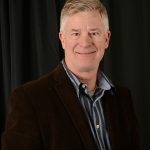
Eric Thibodeaux-Thompson
My teaching occurs in traditional survey classes and in less traditional studio classes where we are all on our feet, in a studio or theatre, working on scenes from plays. I strive to be present with my students in either situation and guide them towards choices and other critical thinking decision making, which will serve them well as part of their ongoing process, whether as an actor, as an other theatre artist, or as a student in other endeavors. I also encourage my students to accept that significant learning occurs after one’s failures as well as when one succeeds, and that perseverance is a bigger variable than talent for those willing to follow their passions.
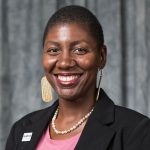
Sarah Webb
I believe information is inert raw material until catalyzed by reflection, purpose, and intention, which gives it meaning and value. For that reason, the word affect, both verb and noun, conveys the essence of my pedagogical mission. Central to my teaching process is an ongoing reflection on the intellectual and emotional effects my facilitation has on student learners. Whether it’s curiosity, worry, annoyance, anger, love, or laughter–these various emotional resonances mark the threshold of transforming knowledge into understanding and action.

